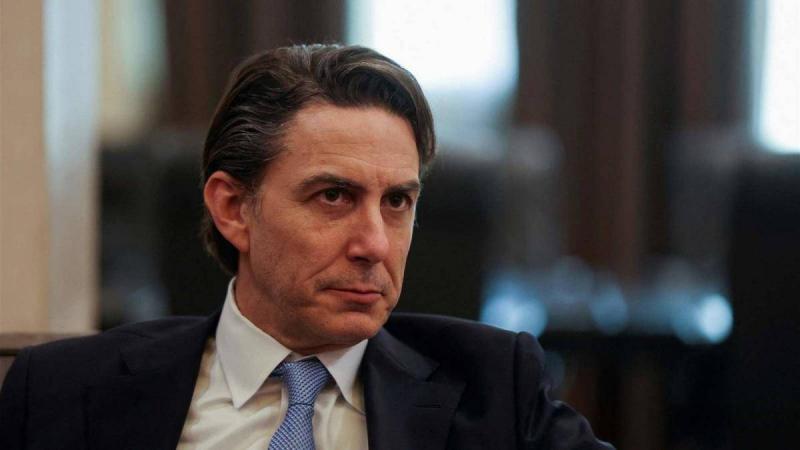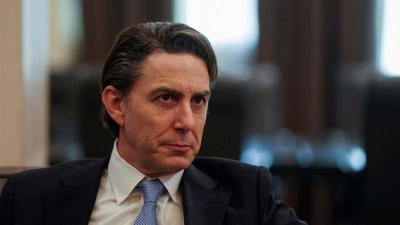The region is currently attuned to Israeli Prime Minister Benjamin Netanyahu and the outcomes of his visit to Washington. It has become clear that he is seeking full American support from both Democrats and Republicans to continue the war and achieve its objectives. Meanwhile, diplomatic sources indicate that pressures will be exerted on him to convince him to agree to the proposed deal for a ceasefire and the release of hostages in exchange for this support, after which he can transition to the third phase of the war, as reported by "Al-Jarida."
In the meantime, reports suggest ongoing Iranian-American communication over the past few days to avoid an escalation from the Houthis in response to the targeting of the port of Hodeidah. A diplomatic source closely following the developments states that attempts to persuade Netanyahu to agree to the deal focus on the idea that the Israeli Knesset will enter its annual vacation in August. Thus, all powers will be in the hands of the Prime Minister, meaning Netanyahu can agree to the deal without fearing the collapse of his government, provided the Knesset is inactive, and progress can be made towards implementing the first phase of the deal, which includes the release of hostages.
According to the source, the implementation of the deal could begin at the beginning of August and continue until the end of that month. After this, Netanyahu would resume his military operations, with the source confirming that what Netanyahu wants is guarantees from the American administration that it won't collaborate with the Israeli opposition to topple his government if he agrees to the deal.
Conversely, there are concerns among other diplomatic entities that Netanyahu might exploit holding all powers in his hands and escalate tensions further, especially since there are ministers within the government advocating for an intensified approach against Hezbollah in Lebanon if the ceasefire in Gaza holds. This is not something either Washington or Tehran desires. Meanwhile, Lebanon received a Russian message a few days ago, conveyed by a foreign minister's envoy who visited Beirut, expressing concerns about the possibility of Israel escalating its military operations. According to information, the Russians have long considered that Israel will treat Lebanon as an inevitable front.
In Lebanon, the stance of Prime Minister Najib Mikati has emerged, indicating that full reassurance against escalation cannot be guaranteed, but he affirmed ongoing efforts to prevent it. However, this stance represents a retreat from what Mikati had stated the previous week when he claimed that the Israeli threats were exaggerated.
As for Hezbollah, the party continues to assert that its data does not indicate any Israeli preparedness for launching a wide-ranging war. In this context, following Netanyahu's visit to America, ongoing coordination and communication between the Iranian Revolutionary Guard, Hezbollah, Hamas, the Houthis, and Iraqi factions regarding the importance of military readiness for any developments is noted, emphasizing the principle of relying on an escalation strategy in strikes against Israel to force it to prevent escalation and broaden the conflict.
There is a prevailing belief that Israel will not escalate the war or transition it to a comprehensive war stage, as it desires to adopt a strategy of attrition and exhaustion. Alongside these developments, Lebanese officials have begun raising numerous questions regarding two issues: the continuing role of American envoy Amos Hochstein in brokering a settlement following Joe Biden's withdrawal from the presidential race, and the capability to pass a resolution for the renewal of UNIFIL, amidst reports that Israel has started exerting pressure to prevent this renewal in the same format as in the past and is demanding a stricter form, according to "Al-Jarida."




